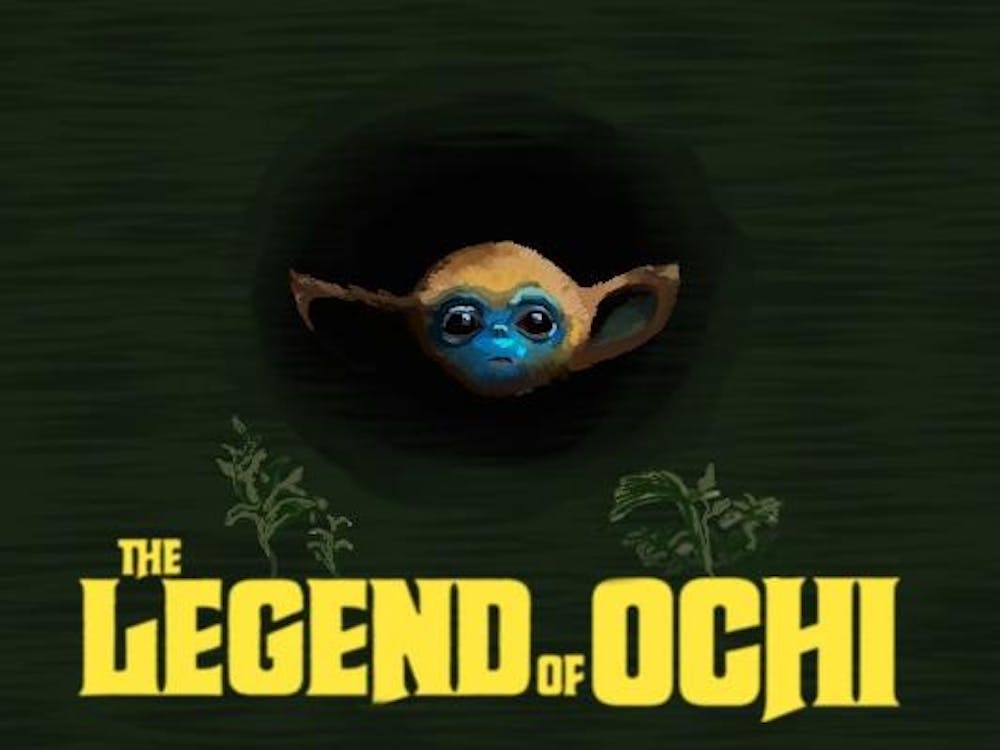Welcome to 2024. With another year gone, you may find yourself reflecting on the past 365 days and asking yourself “Where did the time go?” Though the days may speed by year after year, history is always in the making. As we hurl into a new year, let us not forget to recall history to gain perspective and learn lessons for our futures. To start your 2024 off, consider peering into the past with these three historical fiction books that will shape your outlook on the year ahead.
“My Brilliant Friend” by Elena Ferrante
Set in post-World War II Italy, “My Brilliant Friend” follows the life of Elena Greco, a hardworking and intelligent yet insecure girl living in a run-down neighborhood in Naples. As she grows up in an uncertain political and economic reality, she and her best friend Lila must navigate both the expected challenges of coming-of-age and the unique challenges that come with growing up in an impoverished Italian neighborhood.
As the first of four books in the series, this book establishes the foundations of the girls’ relationship, conveying through them all the complexities of young friendships – their constant jealousies, comparisons and love for one another. From Elena and Lila’s intellectual competition with one another to their reliance on eachother for emotional support, Ferrante paints a beautiful and realistic portrait of girlhood and all its contradictions.
Along with the tribulations of young girlhood and female friendship, the novel simultaneously depicts the persistent issues of inequality within Elena and Lila’s society — showcasing how Marxist and Fascist ideologies clash in a city wrecked by poverty.
“Salt Houses” by Hala Alyan
“Salt Houses” follows three generations of a Palestinian family for 50 years, spanning from before the Six-Day War that displaced them in 1967 until the 21st century. The story begins on the wedding day of Alia, as her mother Salma reads her fortune in coffee dregs. Salma sees travel and luck in her daughter’s future, but also restlessness and upheaval. This prediction sets the tone not only for Alia’s life but also for the entire family as they face war in their homeland. Forced to leave their beautiful home in Nablus, the family is pushed in different directions across the world, reckoning with the fracturing of their relationships and the unimaginable loss of their home.
“Salt Houses” — Alyan’s 2017 debut novel — is beautifully written and compassionate even as it describes the heart wrenching scenes of a war torn life. With deeply personable characters and beautifully poetic prose, “Salt Houses” is a captivating novel. Furthermore, though the novel and its characters are fictional, it tells the stories of everyday life for thousands of people displaced by war.
“A Mercy” by Toni Morrison
“A Mercy” begins in the late 17th century, when the United States was nothing more than an idea and the slave trade in the Americas was just beginning. The narrative charts the birth of a distinctly violent part of American history and how its emergence has infiltrated the culture of America as we know it today. The story follows an ensemble of characters, though its central narrative focuses on Florens, a young slave girl taken from her birth mother to work on the farm of Jacob Vaark in the New York colonies. Feeling orphaned and abandoned, Florens searches desperately for the love her mother was prevented from giving her.
Despite being only 208 pages, “A Mercy” is able to portray numerous social, political and historical ideas as they intertwine in colonial America. While the story does focus on Florens, it also follows the perspectives of other characters, such as Lina, an enslaved indigenous woman, Sorrow, a mixed-race slave, Willard and Scully, indentured servants and lovers, as well as Jacob and Rebekka Vaark, the white couple that owns the farm. With such a diverse cast of characters, Morrison explores not only the origin of slavery and its relationship to race in colonial America, but also the dark history of issues with gender, class and sexuality that composed the roots of the budding nation’s history.
As the doors of 2023 close and the ones of 2024 open, it is important to remember that even histories that seem far gone impact the world today. And while history cannot be changed, it must be understood so we can go forth equipped with the wisdom of our past and the means to change our future. Though these three books may be fiction, their lessons are by no means imaginary.







